
Languages, Literacy and Communication
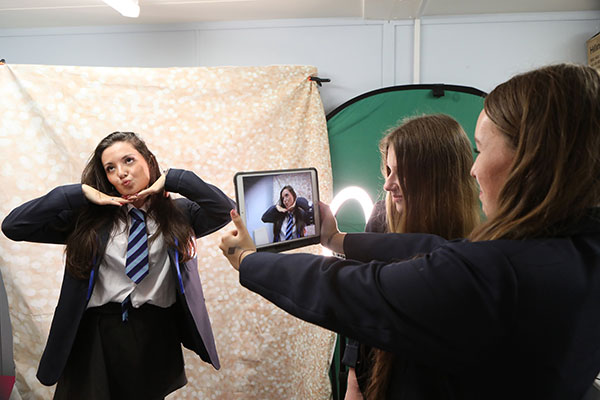
Brief overview
This area of learning includes:
- English Language
- English Literature
- Cymraeg
- French
Aim of the departments
Within Languages, literacy and communication our aims are:
- to develop communication skills across English, Cymraeg and French
- to explore how these languages relate to one another
- to enable learners to communicate confidently in all three languages and to take risks when using new language patterns
- to encourage learners to transfer these skills to become multilingual
- to ignite a lifelong curiosity for languages and literature
- to develop problem solving and multilingual skills
- to develop their own sense of identity and to deepen their understanding of other cultures
Brief description of the structure of the curriculum
Learners are taught by specialist teachers in the individual areas of English, Cymraeg and French.
In English, pupils are taught by specialist teachers who have expertise within literature, linguistics and literacy.
Across years 7-9, pupils develop a range of reading, writing and oracy skills. They read in lessons regularly to enhance their cross-curricular literacy skills and to widen their heuristic understanding. This includes digital texts to prepare our learners for the world of work. The content of schemes of learning explores links with themes from other subjects, e.g. theme of identity.
Pupils start to prepare for their two GCSE qualifications in year 10: they read a range of prose, poetry and plays, master their oracy skills and deploy their writing skills within a repertoire of scenarios (e.g. formal letter, talk).
Within the Cwricwlwm i Gymru learners study a variety of themes across years 7, 8 and 9.
For example, in Cymraeg, the environment, healthy eating and keeping fit, the world of work and technology.
In French they study a range of themes including, the school, Paris, hobbies and the town.
There are links within Cymraeg and French where students study the same theme in both languages thereby consolidating learning and understanding of the topic.
Themes are linked to the GCSE scheme to better prepare students for the challenges of GCSE. They build upon vocabulary, sentence patterns and tenses year on year in each language. During a specific topic learners will develop the key skills of; reading, writing, listening and speaking.
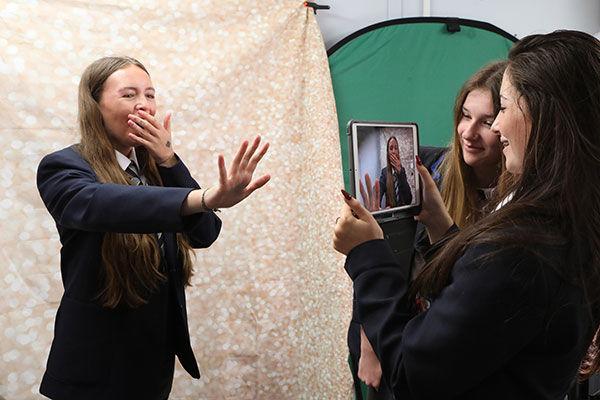
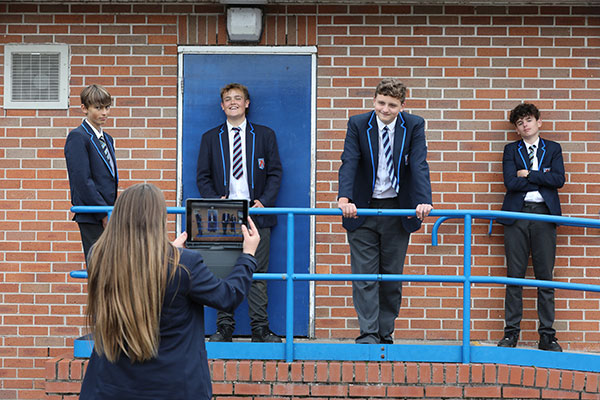
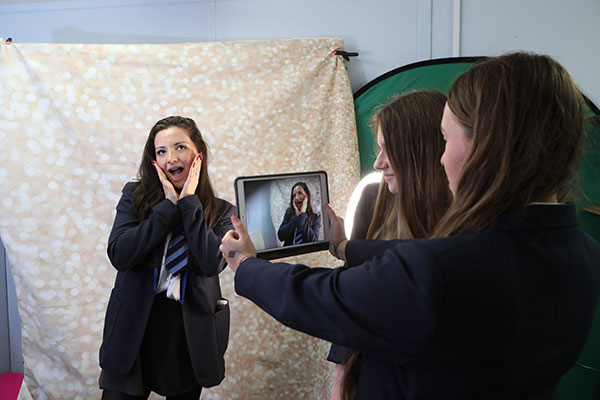
What qualifications are available in this AOLE?
- GCSE English Literature
- GCSE English Language
- GCSE Cymraeg
- GCSE French
- A Level English Literature
- A Level English Language
- A Level Cymraeg Ail Iaith
- A Level French
Extra-curricular opportunities available
A range of extra-curricular activities are offered to our learners.
In French there is a dinner time club for learners in years 7, 8 and 9 led by GCSE French learners. Language is taught through games devised by year 10 and 11 learners in a fun and engaging way for our lower school learners.
Each year outside speakers promote the benefits of studying languages to our year 9 students. They find out about the breadth of job opportunities available within the field of languages.
At GCSE there is a French and art combined trip to Paris to visit some of the most prestigious galleries in the world whilst also utilising their French language skills in authentic scenarios.
In Cymraeg A-Level students are offered the opportunity to attend the annual sixth form conference in Glan-llyn. They attend sessions delivered in conjunction with Prifysgol Bangor which are directly linked to the A Level specification. Glan-llyn is a safe and welcoming site where students can practise using the language with other learners.
Cymraeg A Level students are also offered a trip to the local theatre, Y Stiwt, to watch a Welsh production play which they will discuss as part of their examination.
In English, pupils enhance their skills through supporting younger learners in their reading. There are theatre trips and competitions organised to offer opportunities for authentic experiences. The school also subscribes to a number of academic sources – e.g. EMag – to support learners in their research, wider reading and study skills. The department teams up with other subjects to provide holistic opportunities, e.g. theatre performances with Drama; literacy workshops with Media Studies.


 01948 830 291
01948 830 291 contact@maelorschool.org.uk
contact@maelorschool.org.uk
